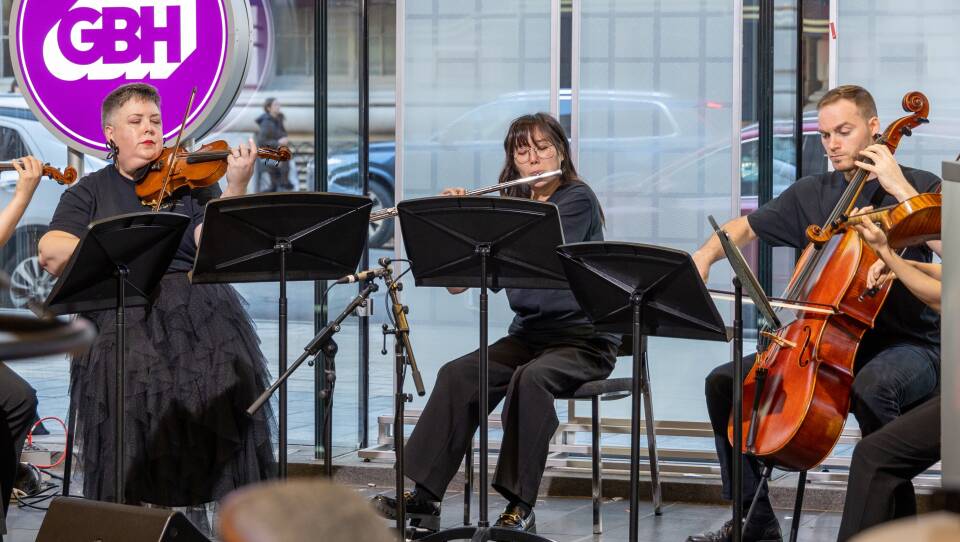The Boston Civic Symphony was founded in 1924 by Joseph Wagner as a way to make the arts accessible to people who couldn’t afford seats at Symphony Hall, while also creating community and opportunity for younger musicians.
That mission continues one hundred years later. This Sunday, Boston’s second-oldest symphony kicks off its centennial season with a show at New England Conservatory’s Jordan Hall.
The symphony serves an important role in Boston’s music scene because it allows both young professional and amateur musicians to make music together, Francisco Noya, conductor and music director for the Boston Civic Symphony, told Boston Public Radio on Friday.
One of those young players was Jan Steenbrugge, who is now the president of the symphony’s board of directors. Twenty-six years ago, Steenbrugge auditioned for second violinist where he was able to learn and play new pieces of music alongside famous conductors and talented soloists.
After school, Steenbrugge returned to his native Belgium where he worked in business. Several years later he moved back to Boston but felt alone — most of his friends had moved on. But the Boston Civic Symphony still had an opening for a second principal violinist.
“So I went back, auditioned, got my job back, and I had 80 friends the next day,” he said. For two to three hours a week, musicians like Steenbrugge can come together to make art. “It’s the highlight of my week,” he said.
Creating beautiful music together is a respite from the hardships of daily life, Noya and Steenbrugge agreed.
“It transcends, you know, the limits of words and actions in a way that … brings the best out of people and gives you a common purpose,” Steenbrugge said.
For tickets and information about Sunday’s performance visit BostonCivicSymphony.org .





